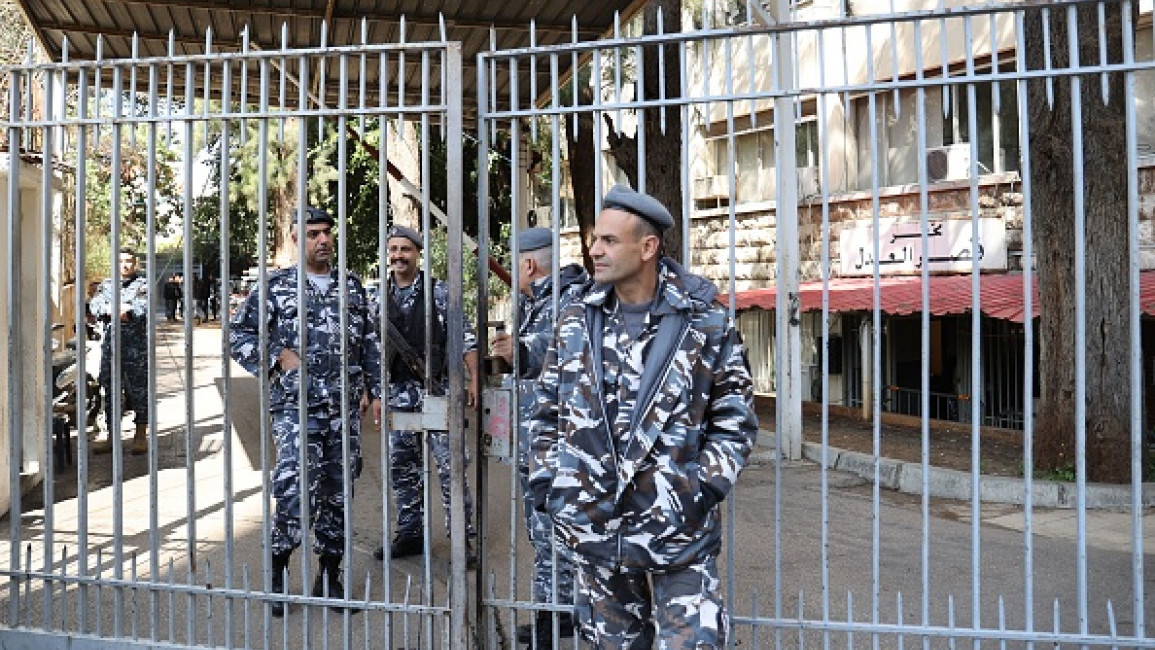Defamation charges dropped against independent Lebanese media outlet Megaphone
Charges were dropped against Jean Kassir, the editor-in-chief of the independent Lebanese media outlet "Megaphone", on Tuesday after Lebanon's top public prosecutor withdrew his defamation complaint.
Megaphone, a popular online media publication, often publishes material critical of the country's ruling class and endemic corruption.
Public Prosecutor Ghassan Oueidat reportedly filed a defamation complaint with the State Security Directorate against Kassir for a post which accused Lebanon's leaders, including Oueidat, of committing crimes.
Kassir was told there was a case against him by two members of state security who pulled him over as he was driving and notified him – an unusual method of delivering court summons.
Oueidat withdrew his complaint on Tuesday after Megaphone's lawyer visited State Security offices and argued that crimes related to journalism must be prosecuted in a specialised publications court.
A separate defamation charge was filed against Lara Bitar, the editor-in-chief of another independent Lebanese media outlet, "The Public Source."
The charge was made on behalf of the Lebanese Forces, the largest Maronite political party in the Lebanese parliament, in response to an article that detailed the alleged role the party played in allowing toxic chemicals to be imported into Lebanon.
"[The cases] are emblematic of the structural issues with the laws or lack thereof that regulate the work of the press. A clear example here would be the use of a security agency to investigate the work of journalists," Lara Bitar explained to The New Arab.
Bitar noted that as an independent media outlet without an affiliation to a political party, they have limited protections and "no means to seek recognition as a media entity" and that working conditions "remain precarious."
Lebanese civil society reacted with outrage to the charges against both media outlets, viewing them as an attempt to silence independent media in the country.
The alternative press syndicate of Lebanon issued a statement "reminding the judiciary that its role is to protect people's rights, not to infringe on freedoms and perpetuate a system of freedoms."
The syndicate also objected to the use of security agencies to prosecute journalists, noting that the country's Publications Law gives immunity to journalism and creates a special body to investigate them.
A protest was held outside the Beirut Palace of Justice on Monday in solidarity with Jean Kassir, and another demonstration is planned for Thursday to support Lara Bitar.



